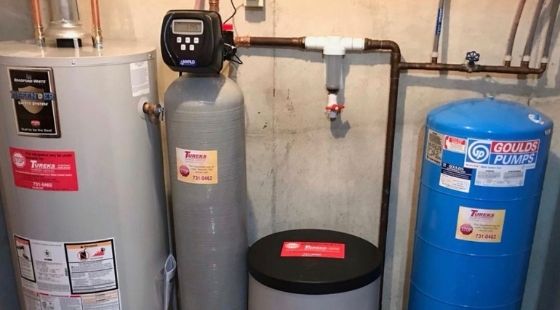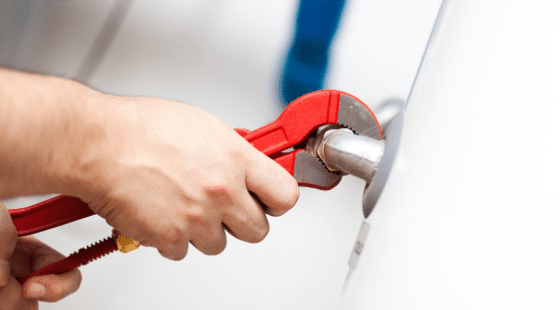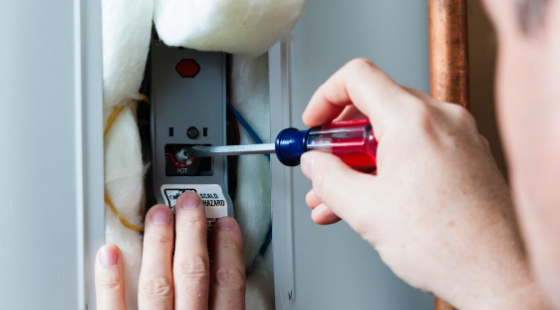
Expanding the Life of Your Water Heater
Most homeowners don’t realize how heavily they rely on their water heater. As you probably know, your water heater is responsible for all of your hot water. Without it, it would be difficult to shower, wash dishes, and do laundry. To keep your water heater working at its best ability, it is recommended that you have it serviced by your Appleton plumber. There are other ways to increase its longevity. In this article, Tureks Plumbing shares how to extend the life of your water heater tank and preserve its efficiency and safety.
Water Heater Maintenance
This will only take a few minutes. If you do not feel comfortable doing this, contact Tureks Plumbing. Here’s what you’ll need:
- Bucket
- Plumbers Tape
- Towels
- Slip joint pliers
Note: pressure release valve is required for the following tasks.
How Long Does a Water Heater Last?
You may be wondering how long water heater tanks last. Some water heaters can last a decade without maintenance. Some are not so lucky. Our friends at Gilmore Heating, Air, and Plumbing, a plumber in Sacramento, point out that the unit’s life expectancy depends on the type of water heater you have. However, a few minutes of water heater maintenance once a year is worth the effort. If there are any issues, here are some water heater repair suggestions to assist keep it running.
Checklist for Basic Water Heater Maintenance: Examine the Pressure-Relief Valve
Put the Valve to the Test
Check the pressure-relief valve, which is usually placed on the top or side of the water heater. If the pressure inside the tank becomes too high, this valve will automatically open. Place a bucket beneath the valve for draining.
Change the Valve (if Necessary)
Replace the valve if it does not release water when you lift the lever. The replacement is straightforward: Turn off the water, drain the tank, and then detach the discharge pipe and the old valve. Wrap sealant tape around the threads of the new valve and screw it in. If your valve has been sitting for a while and has never been tested, it may leak after you test it.
Examine Your Work
Close the cold water supply line shutoff valve that feeds the water heater. Then, using any faucet, turn on the hot water to relieve the pressure inside the water heater’s tank. Keep the water running until you’ve finished your work. Turn off the electricity to your electric heater at the main panel. Turn the gas control dial to “off” on a gas heater.
Built-up Sediment From the Water Heater Tank Should Be Drained.
Drain the tank to flush out sediments that have accumulated at the bottom. Sediment buildup reduces the efficiency of your water heater, shortening its life and increasing your energy expenditure. Two or three liters of water should be plenty to wash away sediments, but always let the water flow until no particles are visible in the bucket. Slowly open the drain valve and let the water run until it is clear and sediment-free.
Expect Noises
Don’t be alarmed if you hear gurgling or groaning from the heater. That sound is simply air entering the system as the water drains. Drain the tank entirely, detach the old valve, and screw in a new one if the drain valve won’t close tightly when you’re finished. To restart the water heater, open the shutdown valve and run hot water from any faucet to purge the system of air. Then, relight the pilot or switch on the electricity.
Set the temperature of your water heater to 120 degrees Fahrenheit. If the dial lacks digits, use a kitchen thermometer to monitor the water temperature. Higher temperatures promote sediment buildup and increase the danger of scorching injuries.
Now that you know how to extend the life of your water heater, you can easily incorporate this in your annual to-do’s. If you come across any problems, don’t hesitate to contact Tureks Plumbing. Our team is available 24/7 for emergency plumbing services.




